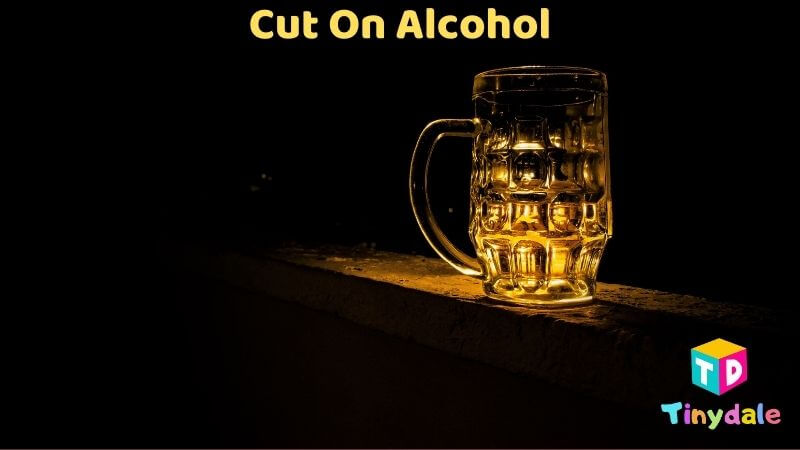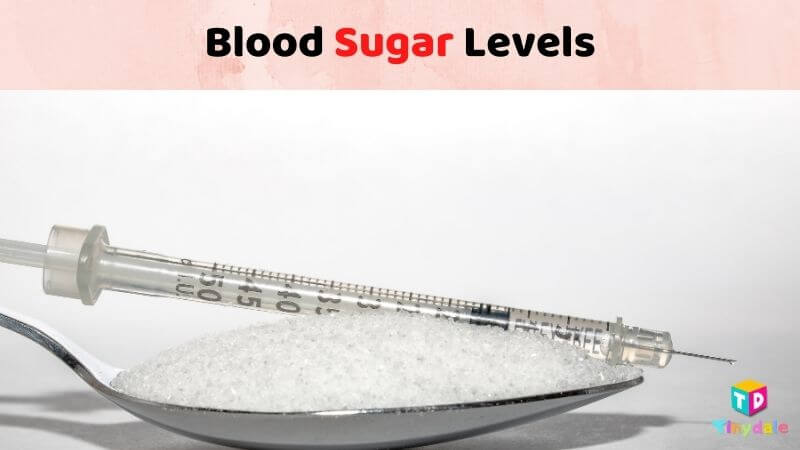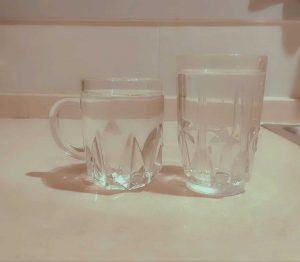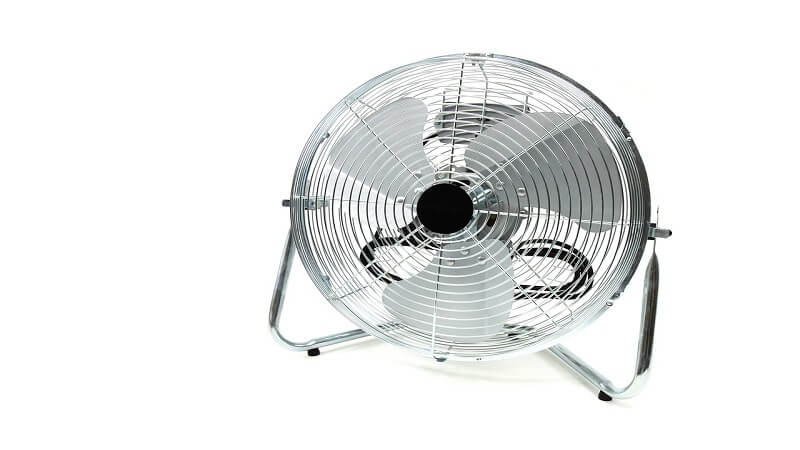People commonly wonder what do hot flashes feel like? or can hot flashes cause nausea? and even how to stop hot flashes fast? Some people even experience anxiety with hot flashes. Hot flashes and nausea are symptoms of what. Hot flashes are the common symptoms of menopause and also occur in other conditions with nausea as its side effects. A decrease in female hormones called estrogen and progesterone can cause menopause and occurs commonly between the ages of 40 and 59. Women who haven’t had a menstrual cycle for straight 12 months can have menopause.
The other causes of hot flashes that are common in women are hyper and hypothyroidism, diabetes, premature ovarian insufficiency, and cancer treatments. Generally, hot flashes also occur in all in various conditions like panic disorder, anxiety, food poisoning, heat exhaustion, and motion sickness.
What Are Hot Flashes?
Hot flashes can come and go throughout the day. They give the feeling of sudden waves of heat spread throughout the body, mainly in the head and chest areas. These flashes turn the skin red and patchy. They make you sweat and feel discomfort.
The severity of hot flashes varies among people. Some people may experience only mild hot flashes. The others may experience strong hot flashes that can cause nausea and disrupt daily life. Other than nausea, the possible symptom is headache or migraine, dizziness, fatigue, heart palpitations, and cold flashes. Not only the severity, the length of time the hot flashes stay may vary for every single person.
What Can Trigger A Hot Flash?
Anything can from daily activity trigger a hot flash. Some of the triggers are;
- Hot weather
- Heat
- Spicy foods
- Stress
- Tight clothing
- Smoking
- Caffeine
- Alcohol
How can you avoid hot flashes? Be careful in what you eat, spicy foods, alcohol, and caffeine. Reduce the activities that make you feel overheated to reduce hot flashes.
How Can Treat The Hot Flashes And Nausea?
As said earlier, the causes of hot flashes are many, so treatments understanding the cause can be helpful. If the cause is menopause, you can treat it in two ways: prescription medications and non-prescription therapies.
Hormone Replacement Therapy (HRT)
This therapy boosts hormone levels and helps in treating the symptoms of menopause.
Non-hormonal Medications
Medications called selective serotonin reuptake inhibitors (SSRIs) which are antidepressants can reduce the severity and frequency of hot flashes. The medications used are venlafaxine, desvenlafaxine, fluoxetine, paroxetine, and more.
Over-the-counter Therapies
Non-prescription and over-the-counter therapies are the other ways to treat hot flashes. They include evening primrose oil, black cohosh, phytoestrogens, acupuncture, and vitamin E. These therapies have potential risks and side effects. So, the best thing you can do is talk to your doctor before starting any treatment or supplement.
How To Treat Hot Flashes In Other Conditions?
Hyperthyroidism
Hot flashes can occur when more thyroid hormones produce due to hyperthyroidism. A doctor may prescribe beta-blockers, antithyroid medicines, thyroid surgery, and radioiodine surgery to treat hyperthyroidism.
Hypothyroidism
Hypothyroidism also causes hot flashes but it is rare in this condition. Medications like levothyroxine or iodine with a regular diet can help in treating the condition.
Diabetes
People with both diabetes and menopause may experience overheating throughout the body. By keeping active, limiting fatty and sugary foods, and proper medication, you can keep in control of the condition.
Premature Ovarian Insufficiency
This condition occurs when the ovaries stop working. Like people with menopause, they also experience hot flashes. The doctor may prescribe hormone therapy to get relief symptoms.
In above all medical conditions, if you treat the condition with proper medications and treatments, the symptoms like hot flashes also get reduced. In addition to these conditions, other conditions like panic attacks, anxiety disorder, food poisoning, and motion sickness can cause hot flashes. Proper medication and diet to treat the conditions may help in treating the symptoms like hot flashes.
Lifestyle Changes To Help
Little lifestyle changes can give good results in hot flashes and nausea. Maybe your food habits, dressing, and other amenities in daily life can cause hot flashes and nausea. A few tips to reduce the cause of hot flashes.
- Avoid foods that trigger hot flashes including spicy foods and hot drinks
- Don’t expose yourself to hot and humid outdoors
- Drink plenty of water to keep yourself cool
- Dressing in layers and reducing the temperature in your home is quite helpful
- Use cool compresses or portable fans whenever you travel
- Keep in control of your stress and engage in relaxing activities
- Exercise every day and maintain a healthy body weight
- Stop smoking or using tobacco
- Make sure your room is cool at night to avoid night sweats
Foods help To Reduce
Dietary changes also can help in reducing hot flashes. You can avoid alcohol, spicy foods, hot foods and beverages, and caffeinated drinks.

Women with menopause can add more plant estrogen into their diet. The foods that can help with hot flashes are soybeans, chickpeas, grains, flaxseed, lentils, beans, fruits, and vegetables.
Hot flashes and nausea are the most common symptoms of menopause. Women with menopause may have hot flashes which have side effects of nausea. With proper medications, you can treat hot flashes and nausea. Another easy way is changing lifestyle and avoiding symptoms triggering foods that can help with hot flashes.
Also Read: Can atrial fibrillation be caused by anxiety?
Tinydale is on YouTube, Click here to subscribe for the latest videos and updates.















